I want to kick off a mini Socratic series with a quirky YouTube clip staring Socrates and Plato: Who is hot, and who is not?
[youtube]http://www.youtube.com/watch?v=L5tJV74Bew8[/youtube]
If I wasn’t studying philosophy I think it’d be quite rare to think “today I’m going to read about Socrates death sentence in Plato’s Apology”… but seeing as I am studying it, and seeing as reading Plato is an absolute delight, I thought in the next couple of posts I’d share my thoughts and favourite quotes with you on Socrates.
When you read the words of Socrates, (through the written works of Plato) it is easy to see the wisdom he is so famous for. With humility and a few questions, Socrates makes sharp criticisms of the arrogant ignorance of other’s claims to wisdom.
Socrates walks around the streets of Athens asking people questions about life, war, justice and wisdom. He develops a reputation for being wise, yet this he denies:
‘The persons of whom I was speaking have a superhuman wisdom, which I may fail to describe, because I have it not myself; and he who says that I have, speaks falsely, and is taking away my character… I know that I have no wisdom, small or great..’
This Alain de Botton doco is great for imagining the scene of ugly Socrates pissing off the elites in Athens:
[youtube]http://www.youtube.com/watch?v=-2rsiER-OnU[/youtube]
Part 2 – gotta love the Aussie accents… trust us happy Aussies to be the only ones answering questions about being happy 🙂
[youtube]http://www.youtube.com/watch?v=28VIz9gg0po[/youtube]
Socrates encourages others to develop the confidence to question in times of conformity – he encourages us not to be blind sheep. Socrates teaches people in his society (and still in ours) that they are all capable to question, to overcome their lazy tendency to accept and conform, and to analyse the world and figure out what they really make of life, the universe and everything.
Socrates sought out those who were famous for their wisdom, and on questioning them discovers that they also know nothing. He concludes that he must be better off than they because at least he is aware of his lack of knowledge, which is one step ahead of those who think they know but don’t:
‘So I left him, saying to myself, as I went away: Well, although I do not suppose that either of us knows anything really beautiful and good, I am better off than he is – for he knows nothing and thinks that he knows.’
Of course, those wise people Socrates shows are not wise get a little peeved off. Those in power who Socrates shows don’t have genuine reasons for their actions, feel their authority being threatened by his questioning.
It’s not so unlike Wikileaks and the case of Julian Assange – when The Pyramid is challenged, those at the top aren’t too happy.
The five steps to good thought via the Socratic Method (quoting Alain de Botton in his documentary)
1. “Look around you for statements people would describe as plain common sense, for example, that the best jobs are those which are most highly paid, or that that happiness comes from being married.”
2. “Try to find an exception to this, could you ever be married and yet unhappy, or could you be in a very well paid job and yet miserable?
3. “If an exception to your statement is found, then it must mean that your statement is false, or at least imprecise.”
4. “Try to nuance the first statement to take the exception into account, so in our example realise that it is possible to be unhappy in a highly paid job that’s completely creatively unfulfilling, or to be miserable in a marriage if you’ve married the wrong person.”
5. “You continue this process for as long as possible, you keep trying to find exceptions to your common sense statement. And Socrates says that the truth, in so far as anyone is ever able to reach the truth, lies in a statement that it seems is impossible to disprove.”
Part 3 of Alain’s doco gives some context for Socrates trial:
[youtube]http://www.youtube.com/watch?v=nNaeL7vdax8[/youtube]
Even his ‘ingenious riddle’ can’t save Socrates. Accused of the crime of encouraging the youth not to believe in the gods Plato writes this dialogue between Socrates and Meletus (a politician in power):
‘Did ever man, Meletus, believe in the existence of human things, and not of human beings? … Can a man believe in spiritual and divine agencies, and not in spirits or demigods?
– He cannot.
I am glad that I have extracted that answer… but if I believe in divine beings, I must believe in spirits or demigods; is not that true? Yes, that is true, for i may assume that your silence gives assent to that. Now what are spirits or demigods? Are they not either gods or the sons of gods? Is that true?
– Yes, that is true.
But this is just the ingenious riddle of which I was speaking: the demigods or spirits are gods, and you say first that I don’t believe in gods, and then again that I do believe in gods; that is, if I believe in demigods.’
Socrates makes such a good case for himself. The jury even agree to his logic and yet their own insecurities seem to cause them to find him guilty and condemn him to death.
I guess no matter how good your logic, you can’t beat The Pyramid. You can’t win people via rational argument, you win them through emotions. Socrates fails to appeal to what the judge’s insecurities required of him – to cry and beg and promise to stop. Socrates knew this path was not the one he was supposed to take, so he held strong and proud of his claim to fame that: all we really know is that we know nothing. But more on this tomorrow.
…
“So it’s settled, Jessica Simpson is hot, high waisted jeans are not, and once again the Socratic Method arrives at the truth!”
…
Short personal note:
Coming across this Alain de Botton documentary on YouTube reminded me of his entire Philosophy as a Guide to Happiness series that I originally watched with my Opa a couple of years ago. I’d turn it on and my Opa would promptly fall asleep. Ah good memories. Interesting to remember this and see the seeds planted for the love of philosophy I have today.
 I don’t drink Coke except to satisfy the odd craving on a hot humid day like today. My only problem was that the corner shop didn’t have any. But they did have Pepsi. And it did the the job. It also reminded me of the The Invention of Lying, and this awesome (and very truthful) ad – “Pepsi: when they don’t have Coke.”
I don’t drink Coke except to satisfy the odd craving on a hot humid day like today. My only problem was that the corner shop didn’t have any. But they did have Pepsi. And it did the the job. It also reminded me of the The Invention of Lying, and this awesome (and very truthful) ad – “Pepsi: when they don’t have Coke.”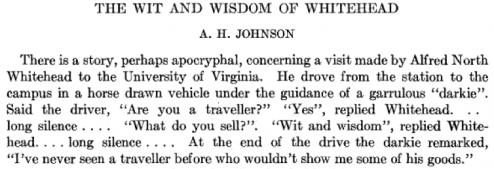 Have you ever wondered why one Joker can beat four Kings. I mean, what does a joker have, besides a funny hat? How does a character based on the Fool, kick all these kings’ asses?
Have you ever wondered why one Joker can beat four Kings. I mean, what does a joker have, besides a funny hat? How does a character based on the Fool, kick all these kings’ asses? Christmas is full of stories and boxes, as are our lives. Every day, in every interaction, and in almost every thought, we seek to put the things we see, hear, smell, taste or feel in categorical boxes, and attach stories to them.
Christmas is full of stories and boxes, as are our lives. Every day, in every interaction, and in almost every thought, we seek to put the things we see, hear, smell, taste or feel in categorical boxes, and attach stories to them.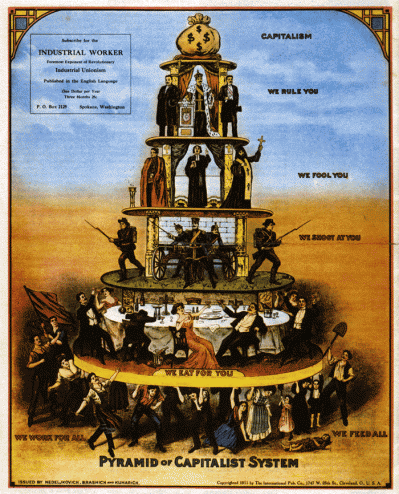
 To the Hindu caste system:
To the Hindu caste system: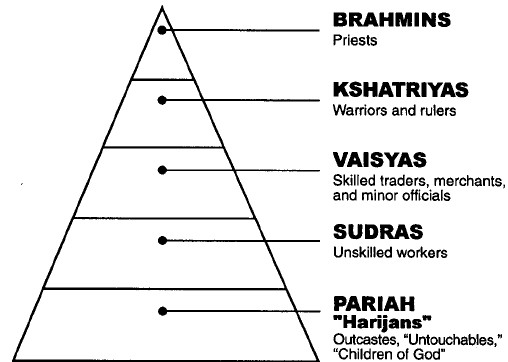
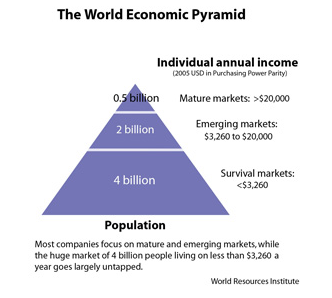
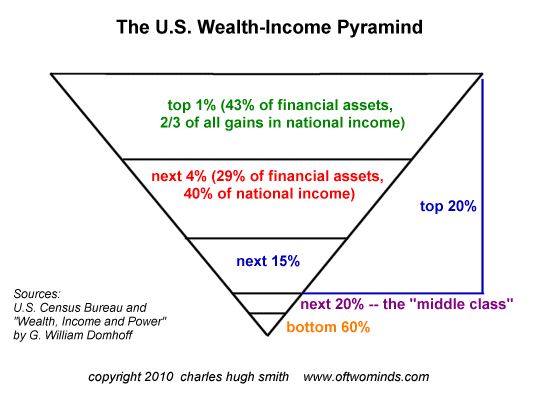
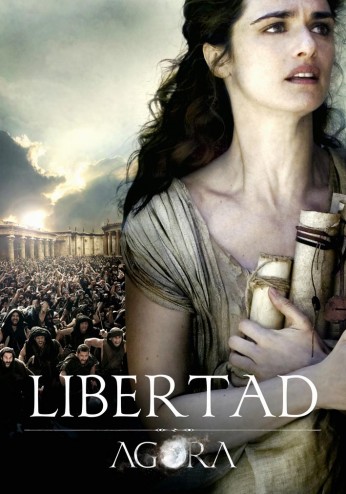 It was the burgeoning of the Dark Ages – a time where a blog like mine that questioned the “truth” would have me (like my new heroine the philosopher Hypatia was) called a witch, stripped naked, skinned alive, torn into pieces and burned.
It was the burgeoning of the Dark Ages – a time where a blog like mine that questioned the “truth” would have me (like my new heroine the philosopher Hypatia was) called a witch, stripped naked, skinned alive, torn into pieces and burned.